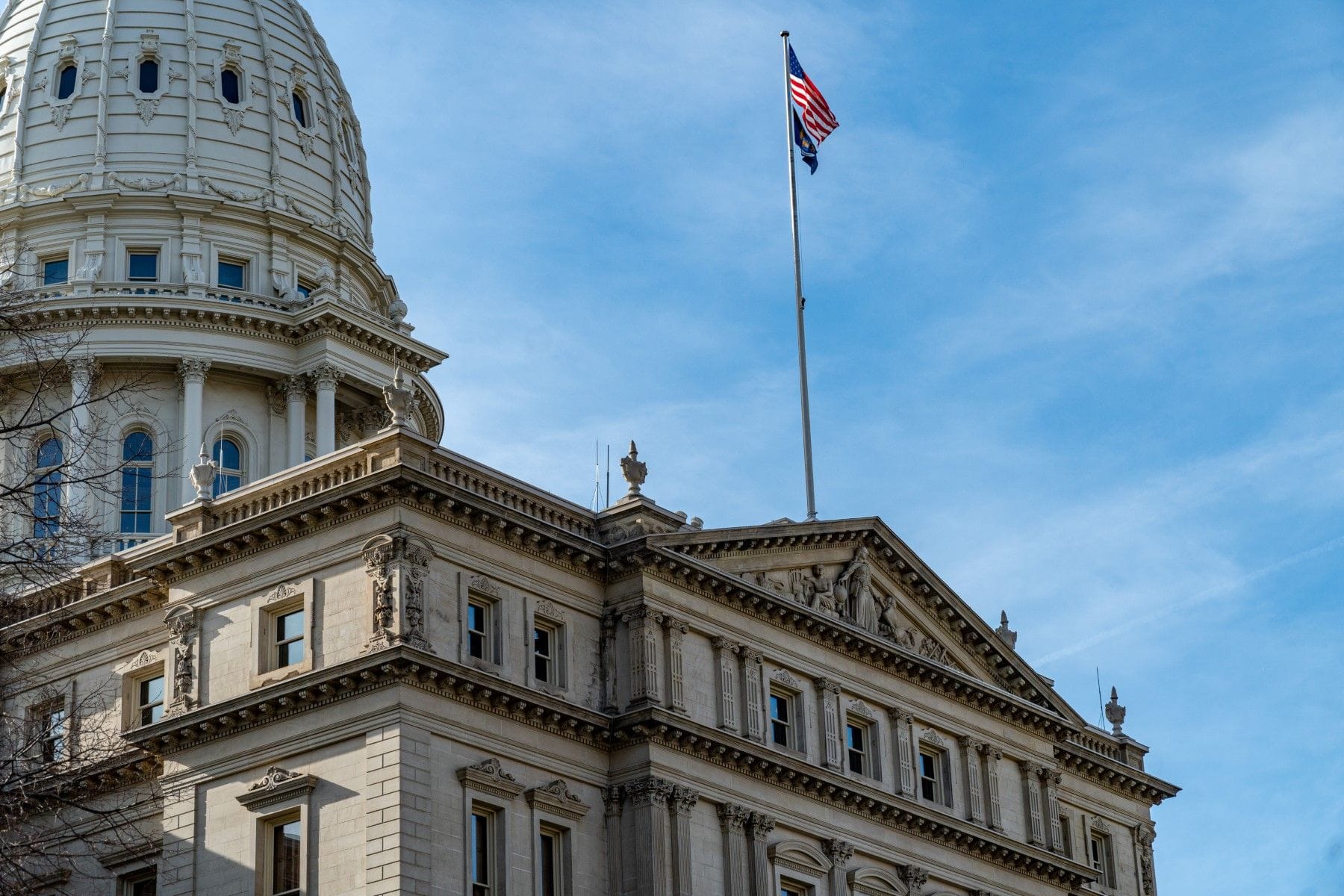Expert Witness Compensation Rules in Michigan
Michigan's expert witness compensation is governed by rules ensuring fairness, reasonableness, and ethical transparency in fee agreements.
Updated on
In this article
What Are the Rules Governing Expert Witness Compensation in Michigan?
In the state of Michigan, expert witness compensation is governed by a combination of statutory provisions, procedural rules, and case law. These regulations aim to ensure that expert witnesses are fairly compensated for their time and expertise while maintaining ethical standards. Understanding these rules is crucial for legal practitioners and expert witnesses alike, as they navigate the complexities of legal proceedings in Michigan.
Fee Provisions in Michigan Rules of Civil Procedure
The Michigan Rules of Civil Procedure provide a framework for the compensation of expert witnesses. According to these rules, the compensation of expert witnesses is generally determined by the agreement between the party retaining the expert and the expert themselves. However, the rules also stipulate that the fees must be reasonable. This reasonableness is often assessed by considering factors such as the expert's qualifications, the complexity of the case, and the amount of time spent on the case.
- Rule 2.302(B)(4)(c): This rule allows parties to obtain discovery regarding the compensation paid to expert witnesses. It ensures transparency and helps the court assess the reasonableness of the fees.
- Rule 2.401(C): This rule mandates that parties disclose the identity of any expert witness and provide a summary of their expected testimony, including compensation details. This provision ensures that the compensation arrangement is part of the pre-trial discovery process.
Understanding Michigan Code §600.2164: Payment Guidelines for Expert Witnesses
Michigan Code §600.2164 provides statutory guidelines for the payment of expert witnesses in Michigan. This statute is pivotal in defining the boundaries within which expert witness compensation is negotiated and established.
- Statutory Limitations: The statute does not impose a specific cap on expert witness fees, allowing for flexibility based on the needs of each case. However, it emphasizes that the compensation must align with the prevailing standards of reasonableness and fairness in the jurisdiction.
- Guidelines for Reasonableness: The statute encourages courts to consider the nature of the expert's testimony, the expert's proficiency, and the economic circumstances of the parties involved when determining what constitutes reasonable compensation.
Ethics Opinions and Bar Guidelines on Expert Compensation in Michigan
Ethical considerations play a significant role in the compensation of expert witnesses. The State Bar of Michigan provides guidelines and ethics opinions to ensure that expert compensation adheres to professional standards.
- Ethics Opinion RI-187: This opinion emphasizes that experts should not be paid contingent fees, as this could compromise their objectivity. Compensation should be based solely on the time and resources expended in preparing and delivering testimony.
- Guidance on Disclosure: The Michigan Bar advises that any agreements regarding expert compensation must be disclosed to opposing counsel. This transparency is critical in maintaining the integrity of the judicial process.
Practical Tips for Structuring Expert Witness Fee Agreements in Michigan
When engaging an expert witness in Michigan, it is essential to structure the fee agreement effectively to ensure clarity and compliance with legal and ethical standards. The following tips can help legal practitioners and expert witnesses navigate the compensation process:
- Define Scope of Work: Clearly outline the expert's responsibilities, including the specific services to be provided, such as report preparation, depositions, or courtroom testimony. This clarity will help in determining a fair fee structure.
- Establish Fee Structure: Decide on the compensation model—whether hourly rates, flat fees, or retainer arrangements. Make sure the chosen structure aligns with the complexity of the case and the expert’s qualifications.
- Consider Reasonableness: Evaluate the expert's fees against prevailing rates in the industry and the specific market. This consideration is crucial for ensuring that the fees are reasonable in the context of similar cases.
- Include Payment Terms: Specify payment timelines, including when invoices will be issued and payment due dates. This aspect helps manage expectations and ensures timely compensation.
- Address Expenses: Clearly outline any reimbursable expenses that may be incurred by the expert, such as travel, lodging, and materials. This clarity prevents misunderstandings about out-of-pocket costs.
- Document Everything: Ensure that all agreements regarding compensation, roles, and responsibilities are documented in writing. This documentation serves as a legal safeguard and promotes transparency.
- Review and Revise: Periodically review the fee agreement to ensure it remains aligned with the case's evolving needs and any changes in the expert's involvement.
By following these tips, legal practitioners and expert witnesses can create a fair and transparent fee agreement that adheres to Michigan’s legal and ethical standards.


